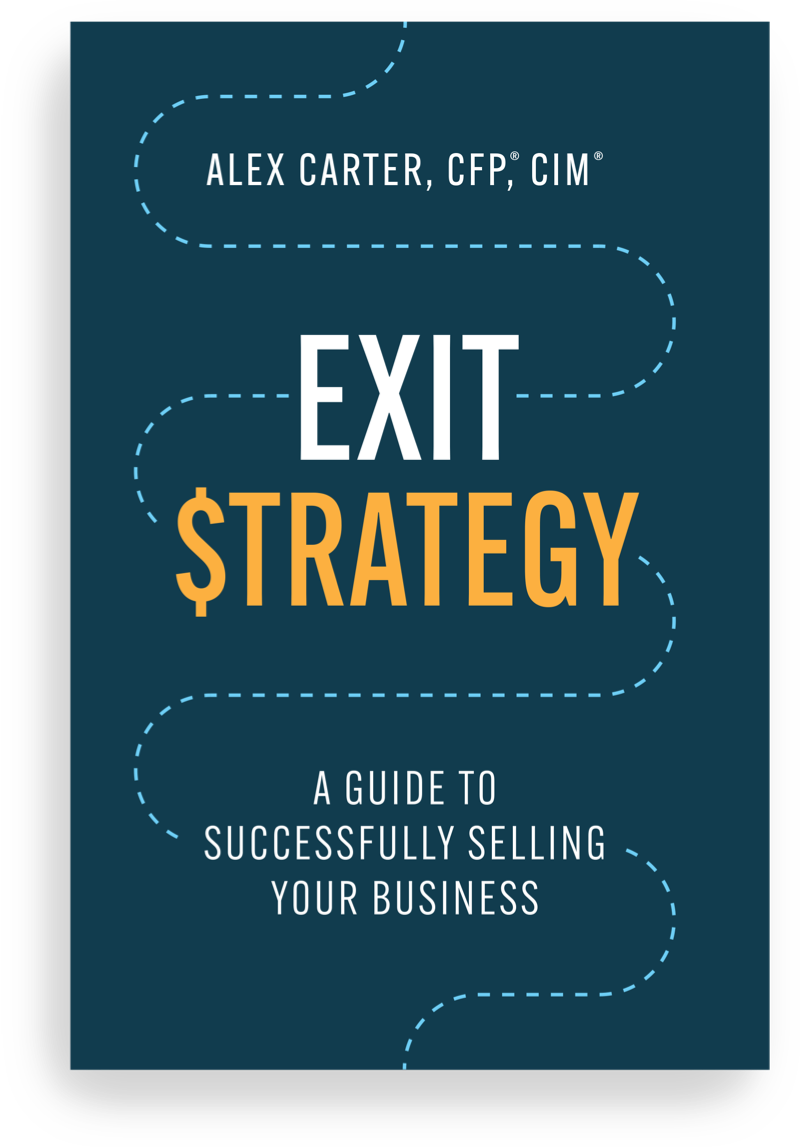Watching your wealth grow can obviously be enjoyable. But for many people, the process of giving away their hard-earned money can be even more gratifying. The ability to fund meaningful, life-changing charitable endeavours is a gift unto itself.
But how should you donate to worthy causes?
‘Appreciate’ The Benefits of Giving Shares
If you are keen to make a donation and are sitting on a stock/fund with a large, unrealized capital gain, there’s good news: by gifting the shares themselves to a registered charity, you can avoid paying tax on those securities. Plus, you’ll of course get a tax receipt for the amount of the donation, thus potentially lowering your tax liability. It’s worth stressing, though, how important it is to donate the shares, as opposed to selling them and gifting the proceeds. If you do the latter, you’ll have to pay capital gains tax.
A Foundation of Good
Particularly for high-net worth donors, the creation of a private family charitable foundation is a popular choice. One upside to this route is that they can be good for establishing a pattern of family giving across generations. There are some drawbacks, however: Setting up and managing a private foundation can entail significant expenses and time commitment.
Be Well (Donor) Advised
While private foundations can serve an important purpose, many donors these days are deciding they want all the impact these entities offer but without any of the hassle. As a result, they’re giving instead to “donor-advised funds”, often run by community foundations or financial institutions. In fact, Assante now has a donor-advised fund which is open to all clients. These allow individuals and families to essentially create their own “foundation” within a fund, and make decisions about where donations will go.
There are a number of benefits to going the donor-advised fund route:
- Efficiency: unlike a private foundation, the donor doesn’t need to do most of the legwork in setting up or managing the fund. Rather, they can focus on where they want their money to go.
- Cost: Compared to a private foundation, the ongoing ‘infrastructure’ (i.e. overhead and administrative) costs are low.
- Accessibility: just setting up a private family foundation can easily cost $10,000+, thereby limiting how many would-be philanthropists can do it. By contrast, donor-advised funds are open to a much bigger pool of people.
Give Thought to How You Want to Donate
Regardless of the technical manner in which you donate, it’s crucial to give serious thought to where you want your money to go. Perhaps there are some causes that you have long cared about, or believe are currently under-served. Maybe you want to spread your funds out among an array of charities. Then again, you might decide to make a large, targeted gift to one charitable organization, in the hope of catalyzing greater change. All these options (plus more) are worth thinking about very carefully before you actually start donating.
Once you have a sense of where you want your money to go, and via sort of structure the donations will go, the rest is easy. You can sit back and watch the world get better, with thanks to your generosity.
Is there anything better than that?



